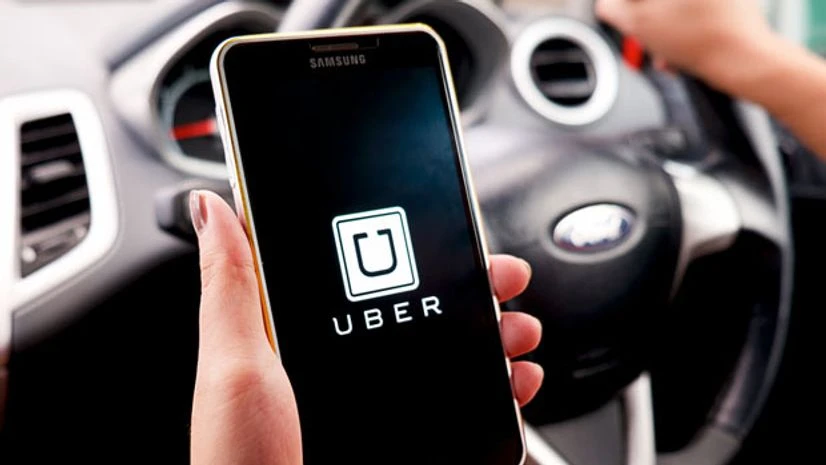Auto makers are fine-tuning their marketing skills to entice commercial car buyers of Uber and Ola, which were once considered the biggest threat to car demand.
Two of India's biggest automotive companies, Maruti Suzuki and Hyundai, which control more than 60% share of the domestic market, are encouraging car buyers to their vehicles as taxis.
Read more from our special coverage on "MARUTI SUZUKI"
As of today, as much as half of Maruti's 14 models, such as Alto, Omni, Dzire Tour, Eeco, Ritz, Wagon R and Ertiga, are sold to customers who use them for commercial purposes. Many such buyers are also partners of various radio cabs, such as Uber and Ola.
Randhir Singh Kalsi, executive director (sales and marketing), Maruti Suzuki, said: "The market is having a certain shift, in the sense that there would be people who would use these cars extensively. At the same time they would always want to own a car. In India, a car is still an aspirational product and people for the sake of convenience or affordability they are using the cars as taxis. At the same time they would like to go out with their families to attend some function, celebration or outing over the weekend so for that they would like to have a car. So as far as car sales are concerned I don't think it is going to impact."
The market leader has identified the commercial segment as a big market area and is aggressively pursuing buyers.
"There are certain cars we have identified for the taxi segment. For instance, Ritz is available in petrol and diesel. We would not like to block any models from being registered as a commercial car. There are certain models which we would like to position in the commercial segment", said Kalsi.
Similarly, Korean car brand Hyundai too sees an opportunity in the commercial segment even as several of its existing models including i10, Xcent are registered as taxis.
Rakesh Srivastava, senior VP (sales and marketing), Hyundai Motor India, said, "As auto manufactures our prime responsibility is to meet the mobility needs of the people. Some people will be able to own a vehicle and enjoy private ownership. But a lot of people cannot do that. In such a situation public mobility is also equally important. It is the prime responsibility of us manufacturers to meet both the requirements. So this is not a threat there is an opportunity and we should work towards fulfilling that opportunity".
While the two market leaders have opened their boundaries to Uber, Ola and others Tata Motors however, has laid down certain discouraging steps.
More From This Section
Desperate to improve its image the company decided to block sales of all of its new generation cars (Zest, Bolt and Nano currently) to commercial buyers. Tata Motors declined several sale enquiries for its compact sedan Zest to commercial buyers even at the cost of incremental sales. The Zest has struggled to compete against segment leader Maruti Dzire which clocks seven times more sales every month.
Tata Motors says it does not offer excise refund that a buyer typically looks to avail when using the car as a taxi. This helps dis-incentivize the use of those brands in the commercial segment.
However, a few units of the Tata Bolt, a premium hatchback, were found registered as a taxi. When approached a Tata Motors spokesperson replied, "While the above measures are by no means fool-proof for any OEM to completely avoid an occasional use of a car as a taxi, these policies help ensure that we are largely able to protect our planned brands for the personal segment as it would not be a viable option for any large fleet operator."
On the sidelines of launching the TUV300, compact sports utility vehicle last year Mahindra Group Chairman Anand Mahindra echoed the sentiments of several market sceptics who believed that taxi aggregators are one of the biggest threats and are eating into the new car demand.
"Today, one lives in a world where the Olas and Ubers of the world are stating that a person doesn't need to own a car, for them transportation is commodity", Mahindra said then.

)
